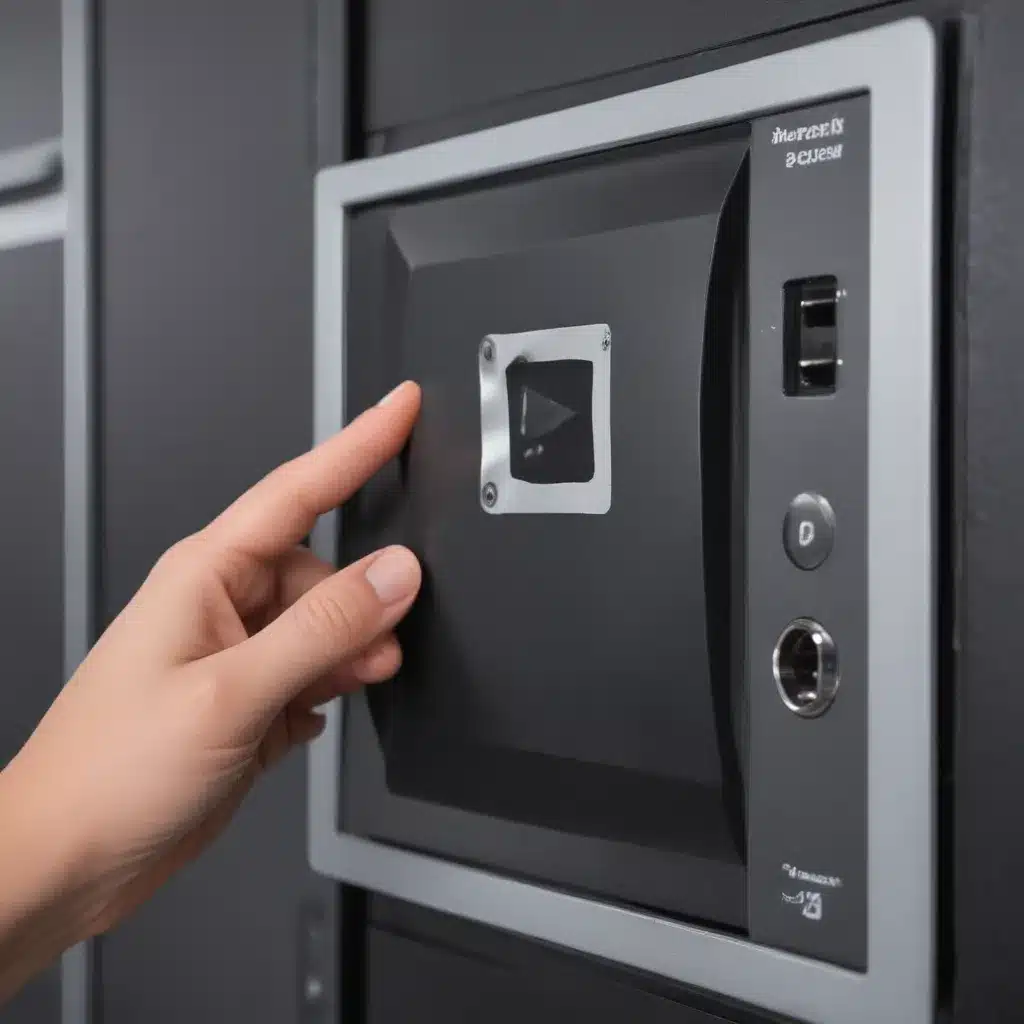The Forgotten Files that Clutter Your Computer
Admit it, we’ve all done it. You install a new program, use it for a bit, and then promptly forget about it. Before you know it, your computer is like a hoarder’s paradise – cluttered with unused software taking up valuable space and slowing down your system. Well, my friend, it’s time to take out the digital trash and keep your computer running at its best.
I’ll let you in on a little secret – removing that unused software isn’t just about freeing up storage space. It’s also a crucial step in maintaining the security and stability of your computer. Think about it, the more programs you have installed, the more potential vulnerabilities you’re exposing your system to. And let’s be honest, who has the time to keep track of updates and security patches for every single piece of software lurking in the shadows?
Untangling the Web of Unused Software
As I delved into the topic of removing unused software, I stumbled upon a fascinating discussion on Stack Overflow [1]. The community there shared some insightful perspectives on the pros and cons of deleting unused code. One user, suspectus, eloquently summed it up, “For anyone new working on a project, they not only have to understand the working code, they have to understand unused material also. This is wasted time and creates confusion.”
I couldn’t agree more. Imagine trying to navigate a maze of abandoned software, like trying to find your way through a haunted house. It’s enough to make your head spin! That’s why it’s so important to regularly tidy up your digital space and say goodbye to those forgotten programs.
Reclaiming Precious Disk Space
But the benefits of removing unused software go beyond just decluttering your computer. It can also have a tangible impact on your system’s performance. As I dug deeper, I stumbled upon a Reddit thread [5] where users shared their experiences with cleaning up their Docker containers. One user, in particular, shared a cautionary tale about the perils of neglecting the overlay2 folder, which can quickly balloon in size and consume valuable disk space.
“The blame for the issue can be split between our misconfiguration of container volumes, and a problem with docker leaking (failing to release) temporary data written to these volumes,” they explained. Yikes, that’s not the kind of mess I want to deal with!
Automating the Cleanup Process
But fear not, my friends, there are tools and scripts to make the process of removing unused software a breeze. One user on Ask Ubuntu [4] shared a nifty script that can automatically purge old kernel versions, leaving you with the latest and greatest. And over on the Arch Linux subreddit [8], I discovered a gem of a script that can selectively delete kernels and their associated files, all with a user-friendly dialogue box.
These kinds of automated solutions are a real lifesaver, especially for those of us who may not be terminal wizards. No more hunting through endless package lists or navigating confusing menus. Just a few clicks, and poof – your computer is finally free of that digital clutter.
The Importance of Staying Vigilant
Of course, the work doesn’t stop there. As I continued my research, I realized that keeping your system clean requires an ongoing effort. One Trend Micro article [6] highlighted the importance of regularly scanning for and removing unused programs, as they can pose security risks if left unchecked.
“Unused software can become a liability if not properly managed,” the article warned. “Cybercriminals may exploit vulnerabilities in outdated or unused software to gain access to your system.”
Yikes, talk about a wake-up call! So, my fellow computer enthusiasts, let’s make a pact – let’s stay vigilant, keep our systems tidy, and never let those forgotten programs lurk in the shadows again.
Conclusion: A Cleaner, Safer Computer Awaits
In the end, removing unused software is about more than just freeing up disk space. It’s about maintaining the security and stability of your computer, streamlining your digital life, and enjoying a smoother, more efficient computing experience.
So, what are you waiting for? Let’s get to work, my friends. Grab that virtual broom, and let’s sweep away the digital cobwebs once and for all. Your computer will thank you, and who knows – you might even stumble upon a long-lost program you’d forgotten all about. Now, that’s a plot twist worthy of any good mystery novel!
References
[1] Stack Overflow, “Could someone explain the pros of deleting (or keeping) unused code?”, https://stackoverflow.com/questions/15699995/could-someone-explain-the-pros-of-deleting-or-keeping-unused-code
[2] SuperUser, “How to remove old version of installed snaps?”, https://superuser.com/questions/1310825/how-to-remove-old-version-of-installed-snaps
[3] Stack Overflow, “Is it safe to clean docker overlay2?”, https://stackoverflow.com/questions/46672001/is-it-safe-to-clean-docker-overlay2
[4] Ask Ubuntu, “How do I remove old kernel versions to clean up the boot menu?”, https://askubuntu.com/questions/2793/how-do-i-remove-old-kernel-versions-to-clean-up-the-boot-menu
[5] Reddit, “What are good cleaning practices to keep my OS?”, https://www.reddit.com/r/Windows10/comments/tuj300/what_are_good_cleaning_practices_to_keep_my_os/
[6] Trend Micro, “How to Safely Remove Unused Software”, https://helpcenter.trendmicro.com/en-us/article/tmka-20814
[7] Debian Forums, “Removing old Kernel versions”, https://forums.debian.net/viewtopic.php?t=154481
[8] Reddit, “How can I find and uninstall unused packages?”, https://www.reddit.com/r/archlinux/comments/urujh6/how_can_i_find_and_uninstall_unused_packages/













